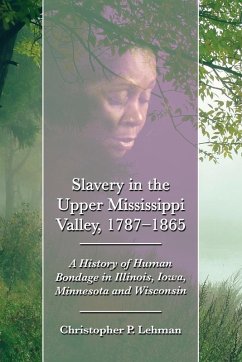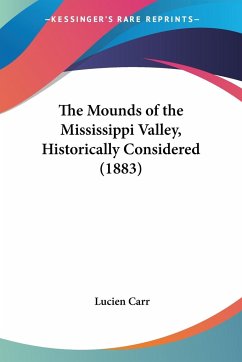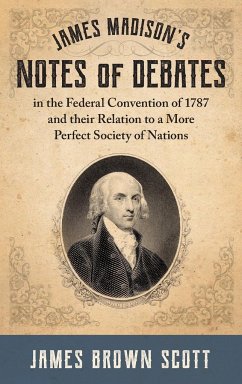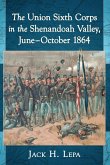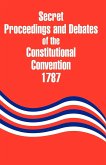Although the passing of the Northwest Ordinance in 1787 banned African American slavery in the Upper Mississippi River Valley, making the new territory officially ""free,"" slavery in fact persisted in the region through the end of the Civil War. Slaves accompanied presidential appointees serving as soldiers or federal officials in the Upper Mississippi, worked in federally supported mines, and openly accompanied southern travelers. Entrepreneurs from the East Coast started pro-slavery riverfront communities in Illinois, Wisconsin, Iowa, and Minnesota to woo vacationing slaveholders. Midwestern slaves joined their southern counterparts in suffering family separations, beatings, auctions, and other indignities that accompanied status as chattel. This revealing work explores all facets of the ""peculiar institution"" in this peculiar location and its impact on the social and political development of the United States.
Hinweis: Dieser Artikel kann nur an eine deutsche Lieferadresse ausgeliefert werden.
Hinweis: Dieser Artikel kann nur an eine deutsche Lieferadresse ausgeliefert werden.

